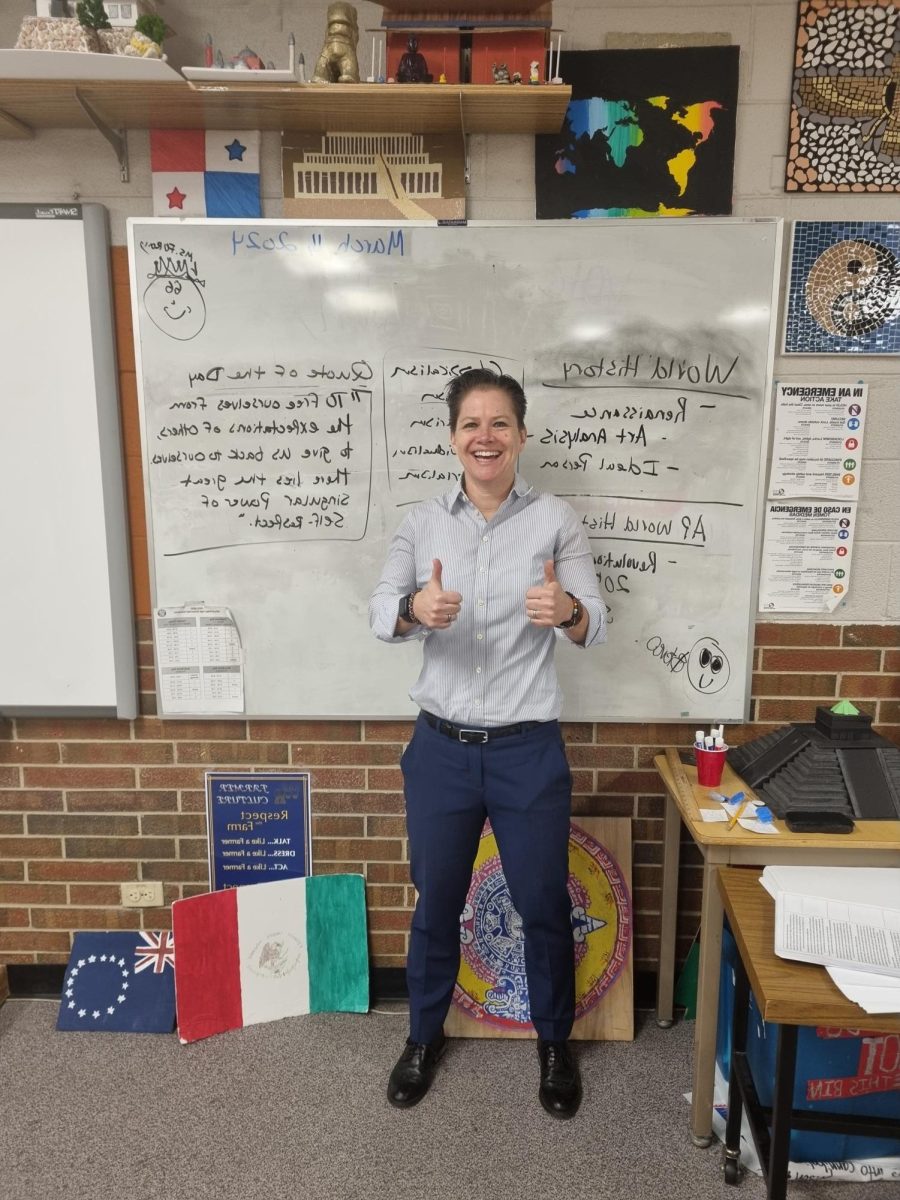By Rachel Vigil
On Nov. 13, nine men on behalf of Daesh (known as the Islamic state of Iraq and Syria in the U.S.), led a series of attacks in Paris and its suburb Saint Denis that resulted in the deaths of 130 people and the injuries of about 350 more, and the long lasting effects are yet to be completely seen.
France’s president, Francois Hollande, has called for a strengthened campaign against terrorism and Daesh, and has said in a recent address that, “Terrorism will not destroy France because France will destroy it.”
Hollande’s plan to combat terrorism involves calling on neighboring countries to increase their counter terrorism against ISIS, as well as attempting to pass laws that would make it easier to revoke French citizenship and deport suspected terrorists. Hollande also wants to extend the state of emergency from its limit of 12 days without parliamentary approval, to three months. However, he still plans to accept the 20,000 refugees, agreed upon in the EU refugee scheme before the attacks.
Other prominent French figures are calling for more extreme efforts to counter extremism, such as former French president Nicolas Sarkozy, who said recently that multiculturalism is what has made France vulnerable and that 11,000 French citizens who have been marked as potential radicals should be sentenced to house arrest.
Abroad, there have been a multitude of reactions. In the European Union (EU), border security has been tightened. The prime ministers of the Czech Republic and Hungary have each spoken out against accepting Syrian refugees, especially under the previously agreed upon EU refugee scheme. Poland’s prime minister has said that she wants to review the refugee plan in the face, of the attacks, but will still accept the previously agreed upon 9,000 refugees. In Germany, Prime Minister Angela Merkel has been criticized by some government officials for still accepting refugees, evidence of the divisiveness of the refugee issue in the aftermath of the attacks.
In the U.S., similar divisions have appeared. President Obama has offered complete support to France in wake of the attacks, stating that, “We stand prepared and ready to provide whatever assistance that the government and the people of France need to respond. France is our oldest ally,” in an address on Nov. 13. He has also stood by his agreement to accept 10,000 refugees this upcoming year.
This continued plan for accepting refugees has met with sharp opposition, governors of more than half of the U.S. states have stated that they will not accept Syrian refugees. GOP presidential candidates have also been criticizing Obama’s refugee plan and calling for increasingly anti-Syrian refugee tactics.
Candidate Donald Trump has led this wave stating, “I’m putting people on notice that are coming here from Syria as part of this mass migration, that if I win, they’re going back.”
Democratic candidates meanwhile have said that they will still advocate for refugees to enter the country.
These attacks have divided many governments and people and although it is not yet completely clear what their outcome may be, it is to be sure that its impact will be felt long after.






